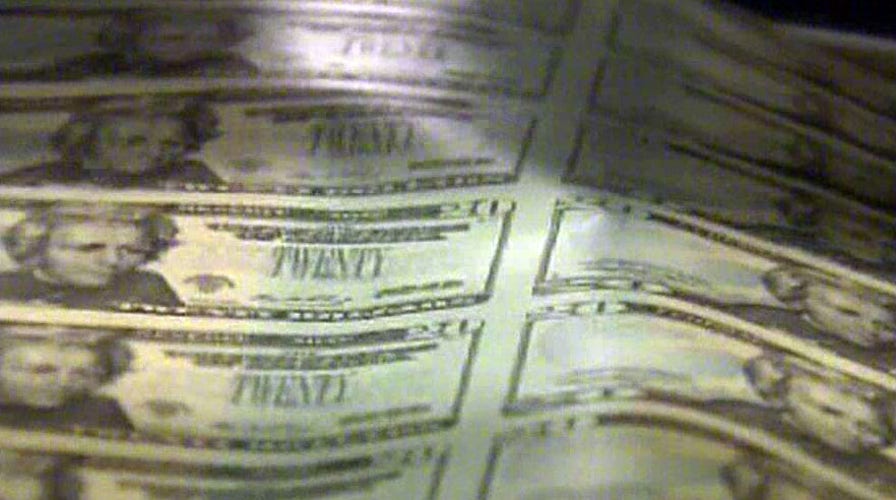Growing support for fed govt to sell assets to pay down debt
William La Jeunesse reports from Los Angeles, California
When families face a budget crunch, they have but a few options -- spend less, make more or starting selling stuff.
So why doesn't the federal government do the same?
Given the current state of the country's finances, many are wondering if it is time for the federal government to sell what it doesn't need -- basically, hold a yard sale.
The federal government is sitting on billions in assets that are either sluggish or just dead weight. That includes federal land, buildings and other structures. Two years ago, President Obama's deficit commission identified 64,000 buildings and structures that it deemed excessive, underutilized or vacant and recommended should be sold.
"So instead of raising taxes, which takes money out of the economy and lowers economic activity, we ought to be looking at selling federal assets," said Myron Ebell, with the Competitive Enterprise Institute.
The options are practically limitless -- like an empty Veterans Affairs hospital in Los Angeles, which could yield $5 billion, or parts of a former military base on the San Francisco waterfront. In both those cases, though, politicians said no to selling off the assets.
Lurita Doan, former administrator of the General Services Administration, said the problem over the years has been that lawmakers representing their states and districts have gotten "in the way of what is best for the nation" by preventing the sale of some of these properties. The GSA is responsible for managing that inventory.
The GSA, and by extension the U.S. government, is America's biggest landlord. It manages nearly 900,000 buildings and more than 630 million acres of land, the latter of which was estimated to be worth $833 billion in 2008.
Selling just 20 percent of its empty or underperforming buildings would save an estimated $2 billion.
"You go through your garage. You clear it out," Doan said. "The government is no different. It is just a matter of scale."
It's not just land and buildings that could make a difference. Selling Amtrak could net $60 billion.
Two taxpayer-owned utilities, the Tennessee Valley Authority and Bonneville Power, would bring in even more.
Ebell suggested that, going forward, a commission could review all federal assets and decide "which could be sold with the least loss to the common good" -- and then present a plan to Congress for an up-or-down vote.
Given that the federal government already owns 28 percent of all land in the U.S. and $500 billion in mineral rights, the Tax Foundation called selling unused assets and buildings one of the "least worst" options for raising cash.
But so far, a national yard sale does not appear to be in the works. Lawmakers, as part of talks to avert the looming fiscal crisis, have mostly discussed changes to entitlements and tax hikes, though so far they have not agreed to anything.
Fox News' William LaJeunesse contributed to this report.





